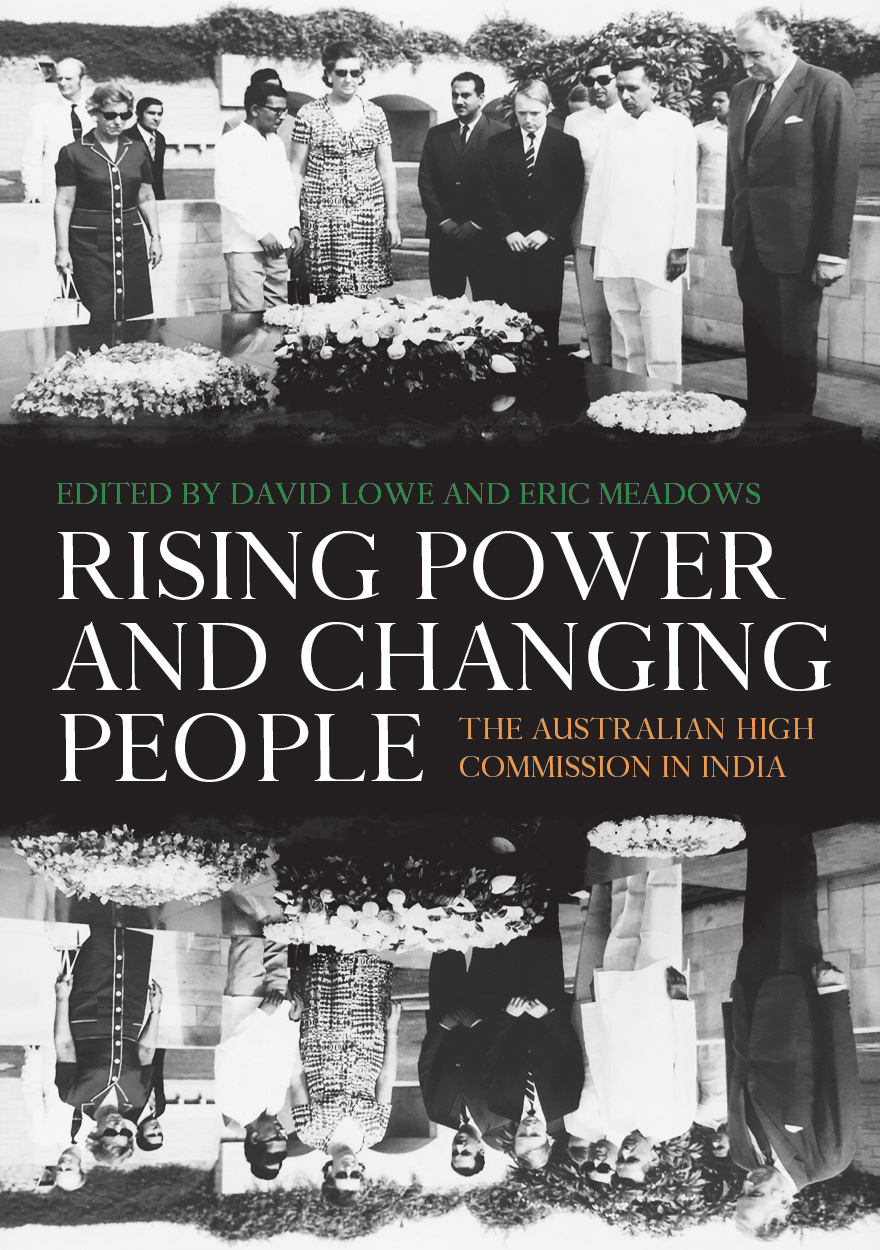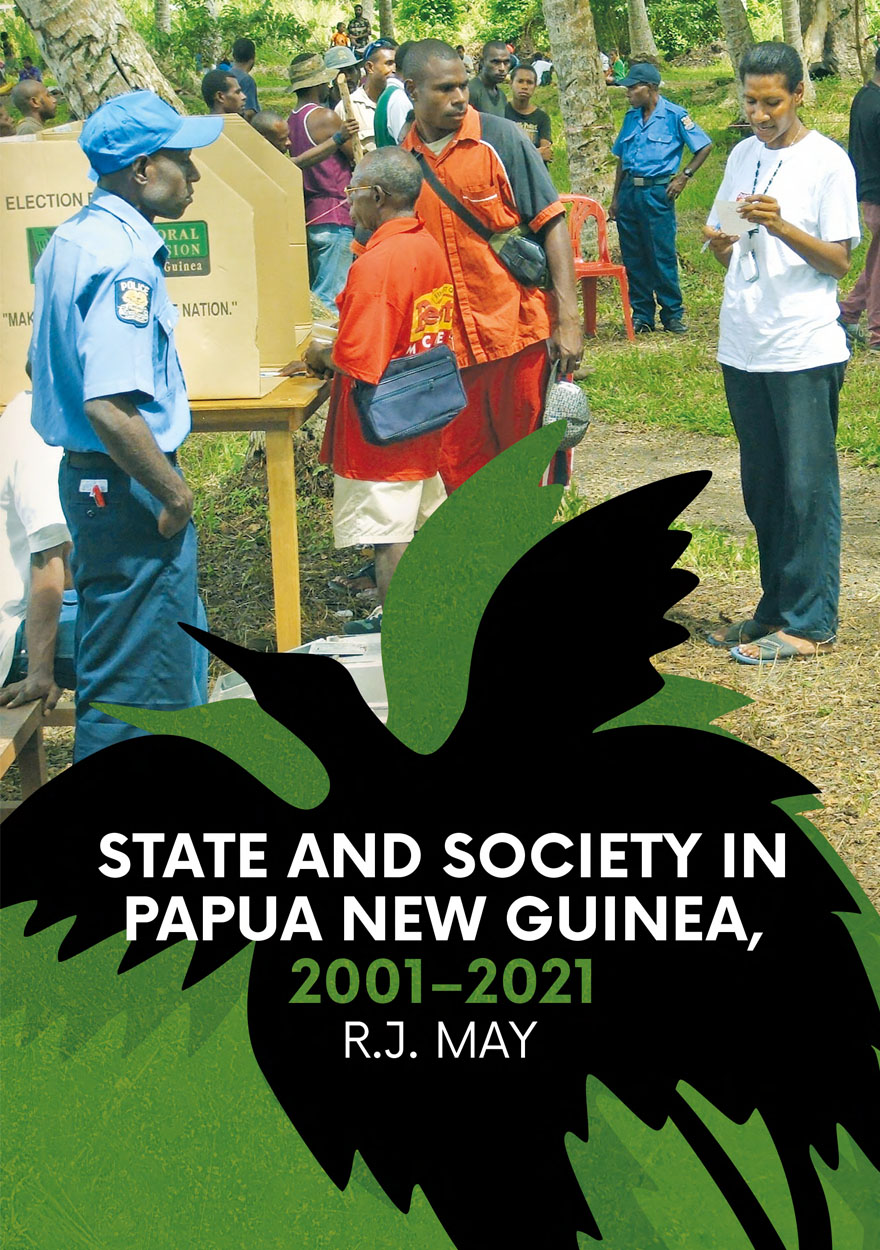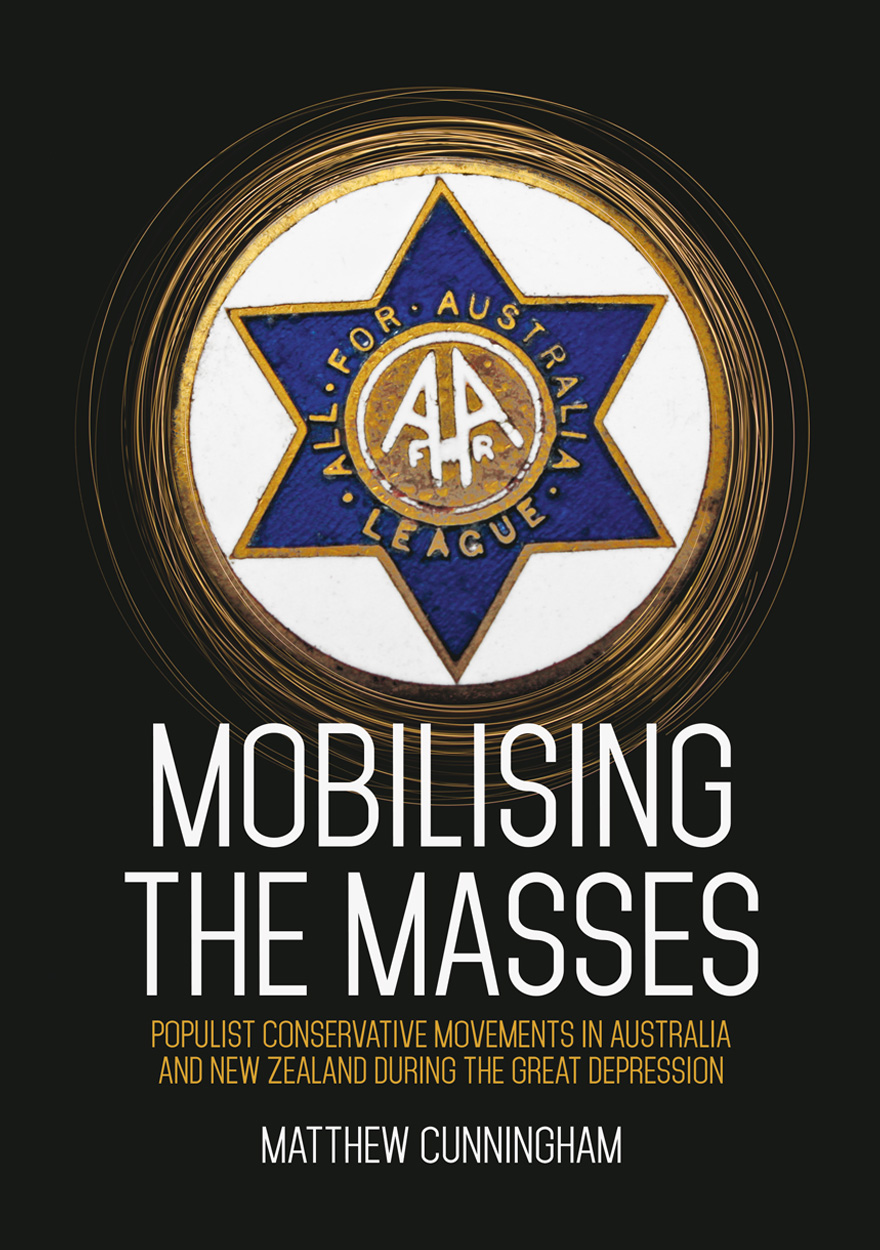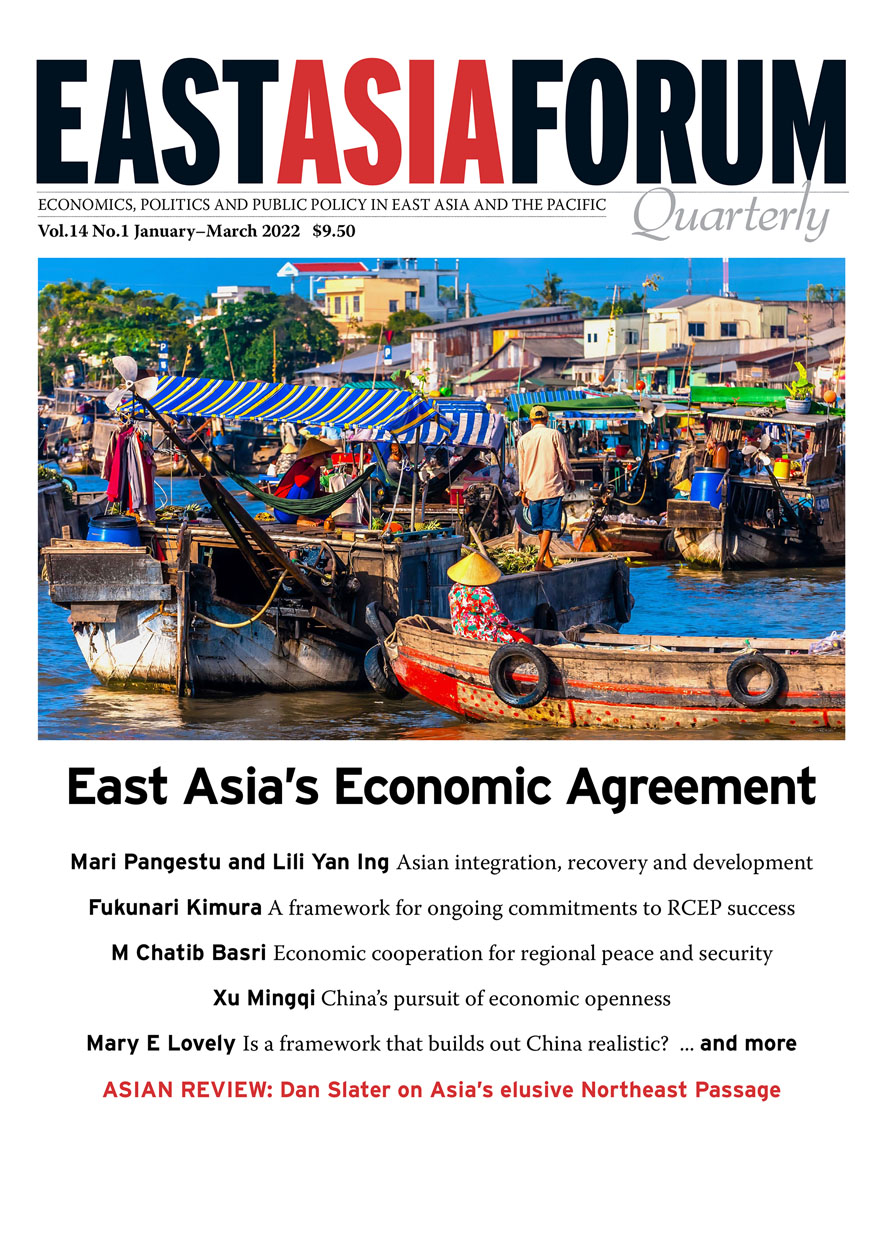Search titles
Displaying results 41 to 50 of 380.

Parliament: A Question of Management »
Authored by: V M (Val) Barrett
Publication date: October 2022
For centuries scholars and practitioners have studied parliament and its potential reform from an institutional perspective. Until now, few authors have addressed in depth the internal relationships among parliamentary actors, their competing beliefs and their influence on parliament’s effectiveness. Parliament is overwhelmingly an agonistic institution, and competition for status, resources, influence and control has pervaded its administration and impeded reform.
Parliaments appear to struggle with the concept of institutional management. The doctrine of exclusive cognisance or sole jurisdiction implies that parliament, and only parliament, should retain control of its internal business and processes. But why is parliament considered to be unique among public institutions, and why do parliaments appear to resist or even defy attempts to manage them more effectively?
At a time when the public is losing confidence in governments, politics and political institutions, parliament’s role as a broker of ideas and a forum for deliberative policymaking is under threat. In an institution where no one has overall authority and direction, staying relevant and managing public expectations present major challenges for its members and administrators.
This book examines parliamentary management in the national parliaments of Australia and the United Kingdom. Without claiming to be a ‘how to’ book, it attempts to provide a relatable account of how parliamentary officials and members of parliament carry out their inherently complex roles and how they might be assisted by contemporary public management approaches.

Experiments with Marxism-Leninism in Cold War Southeast Asia »
Edited by: Matthew Galway, Marc H. Opper
Publication date: September 2022
One of the most contentious theatres of the global conflict between capitalism and communism was Southeast Asia. From the 1920s until the end of the Cold War, the region was racked by international and internal wars that claimed the lives of millions and fundamentally altered societies in the region for generations. Most of the 11 countries that compose Southeast Asia were host to the development of sizable communist parties that actively (and sometimes violently) contested for political power. These parties were the object of fierce repression by European colonial powers, post-independence governments and the United States. Southeast Asia communist parties were also the object of a great deal of analysis both during and after these conflicts.
This book brings together a host of expert scholars, many of whom are either Southeast Asia–based or from the countries under analysis, to present the most expansive and comprehensive study to date on ideological and practical experiments with Marxism-Leninism in Southeast Asia. The bulk of this edited volume presents the contents of these revolutionary ideologies on their own terms and their transformations in praxis by using primary source materials that are free of the preconceptions and distortions of counterinsurgent narratives. A unifying strength of this work is its focus on using primary sources in the original languages of the insurgents themselves.

Rising Power and Changing People »
The Australian High Commission in India
Edited by: David Lowe, Eric Meadows
Publication date: September 2022
Beginning in 1943–44, Australia’s relationship with India is its oldest continuous formal diplomatic relationship with any Asian country. The early diplomatic exchanges between Australia and India have teased for their suggestions of potential unrealised, for opportunities missed, especially when compared with the very recent excitement about the future of Australia–India relations. How did Australia’s representatives and their staff in New Delhi negotiate the many dimensions of Australia–India relations? This book brings together expert analyses of the work of the Australian High Commission, its key people and the challenges they faced in New Delhi.
The important India Economic Strategy to 2035 report handed to the Australian Government in mid-2018 begins with the comment: ‘Timing has always been a challenge in Australia’s relationship with India.’ As the Australian Government works to implement some of the ambitious recommendations in the report, this book adds to our understanding of why timing has been a challenge, and how those at the coalface of the relationship have grappled with it.

East Asia Forum Quarterly: Volume 14, Number 3, 2022 »
Publication date: September 2022
Japan ‘crossed the Rubicon’ after Russia’s invasion of Ukraine. Unlike eight years ago when Russia annexed Crimea, the Kishida government quickly implemented sanctions against Russia with other Western countries. Japanese people have generally stood behind the Kishida government’s foreign and security policy activism, yet uncertainties about Japan’s future remain. Can Japan confront ‘a three-front war’ against China, North Korea and Russia? How can Japan manage its relations with the United States and China amidst great power competition and a growing risk of military conflict? How can it cope with inflation, energy shortages, global warming and the crisis of the nuclear non-proliferation regime? Domestically, Japan has yet to escape from the impact of COVID-19. Maintaining international competitiveness in an era of ageing and shrinking population remains a top priority for Japan. The articles in this EAFQ examine the challenges and opportunities facing Japan and explore its future in an era of growing uncertainty.
Download for free
Not available for purchase

State and Society in Papua New Guinea, 2001–2021 »
Authored by: R.J. May
Publication date: August 2022
In a previous volume, State and Society in Papua New Guinea: The First Twenty-Five Years (2001, reprinted by ANU E Press in 2004), a collection of papers by the author published between 1971 and 2001 was put together to mark Papua New Guinea’s first 25 years as an independent state. This volume presents a collection of papers written between 2001 and 2021, which update the story of political and social development in Papua New Guinea in the first two decades of the twenty-first century.
The chapters cover a range of topics, from an evaluation of proposals for political reform in the early 2000s, a review of the discussion of ‘failing states’ in the island Pacific and the shift to limited preferential voting in 2007, to a detailed account of political developments from the move against Sir Michael Somare in 2011 to the election of Prime Minister Marape and his performance to 2022. There are also chapters on language policy, external and internal security, religious fundamentalism and national identity, and the sustainability of economic growth.

Made in China Journal: Volume 7, Issue 1, 2022 »
Publication date: August 2022
Cultural theorist Svetlana Boym famously distinguished two types of nostalgia: a restorative one that ‘manifests itself in total reconstructions of monuments of the past’; and a reflective one that ‘lingers on ruins, the patina of time and history, in the dreams of another place and another time’. But nostalgia is not necessarily only backward-looking. Rather, it can represent a feeling of longing for a future yet to be lost or even realised. For the historian Roxanne Panchasi, nostalgia may originate in the ways in which people anticipate and plan their lives around an expected future. This anticipated future, Panchasi intimates in her 2009 book Future Tense, ‘can tell us a great deal about the cultural preoccupations and political perspectives of the present doing the anticipating’. In these and other ways, nostalgia can actualise in cultural expression and performance within communities of nostalgia and as immersive environments that shine a light on past trauma to move closer to reconciliation. Contributors to this issue of the Made in China Journal explore the workings of nostalgia in people’s memories and spaces in China from a variety of perspectives to uncover how and why admirers of the Maoist and post-socialist eras express their longings for pasts real, imagined, and somewhere in between.
Download for free
Not available for purchase

East Asia Forum Quarterly: Volume 14, Number 2, 2022 »
Publication date: June 2022
Once, the internet and world wide web promised a world of seamless connectivity for anyone with access to a digital device. As connectivity costs fell, the workplace became mobile, and digitalisation transformed industrial sectors, the laissez-faire agenda of digital developmentalists appeared to align with and promote democratic ideals. That was then. Today, even as cloud computing and digital transformation agendas have become mainstream, it is clear the threat of digital fragmentation must be actively addressed. As different rules around privacy, cybersecurity and digital sovereignty emerge to thwart interoperability, fragmentation is impacting both governance and infrastructure. Digital borders in China, cross-border data restrictions in Europe and America’s disavowal of Chinese telecom equipment make for increasing disconnection.
The articles in this EAFQ examine where commonalities are possible in the digital economy, and where we may expect more clashes than cross-cutting frameworks.
Download for free
Not available for purchase

Contradiction »
Edited by: Linda Jaivin, Esther Sunkyung Klein, Sharon Strange
Publication date: May 2022
In the second year of the COVID-19 pandemic, the many facets of crisis—the theme of last year’s China Story Yearbook—fractured into pictures of contradiction throughout Chinese society and the Chinese sphere of influence.
Contradiction: the ancient Chinese word for the concept holds within it the image of an unstoppable spear meeting an impenetrable shield. It describes a wide range of phenomena that English might express with words like conflict, clash, paradox, incongruity, disagreement, rebuttal, opposition, and negation. This year’s Yearbook presents stories of action and reaction, of motion and resistance.
The theme of contradiction plays out in different ways across the different realms of society, culture, environment, labour, politics, and international relations. Great powers do not necessarily succeed in dominating smaller ones. The seemingly irresistible forces of authoritarianism, patriarchy, and technological control come up against energised and surprisingly resilient means of resistance or cooptation. Efforts by various authorities to establish monolithic narrative control over the past and present meet a powerful insistence on telling the story from an opposite angle. The China Story Yearbook: Contradiction offers an accessible take on this complex and contradictory moment in the history of China and of the world.

Mobilising the Masses »
Populist Conservative Movements in Australia and New Zealand During the Great Depression
Authored by: Matthew Cunningham
Publication date: April 2022
The radical right has gained considerable ground in the twenty-first century. From Brexit to Bolsonaro and Tea Partiers to Trump, many of these diverse manifestations of right-wing populism share a desire to co‑opt or supplant the mainstream parties that have traditionally held sway over the centre right. It is now more important than ever to understand similar moments in Australian and New Zealand history.
This book concerns one such moment—the Great Depression—and the explosion of large, populist conservative groups that accompanied the crisis. These ‘citizens’ movements’, as they described themselves, sprang into being virtually overnight and amassed a combined membership in the hundreds of thousands. They staunchly opposed party politicians and political parties for their supposed inaction and infighting. Whether left or right, it did not matter. They wanted to use their vast numbers to pressure their governments into enacting proposals they believed were in the national interest: a smaller, more streamlined government where Members of Parliament were free to act according to their conscience rather than their party allegiance. At the same time, the movements prescribed antidotes for their nations’ economic ill‑health that were often radical and occasionally anti-democratic.
At the height of their power, they threatened to disrupt or outright replace the centre right political parties of the time—particularly in Australia. At a time when fascism and right-wing authoritarianism were on the march internationally, the future shape of conservative politics was at stake.

East Asia Forum Quarterly: Volume 14, Number 1, 2022 »
Publication date: March 2022
Economic cooperation in East Asia has progressed in its own distinct way, and the conclusion of the Regional Comprehensive Economic Partnership (RCEP) in 2019 is a huge achievement of strategic significance that pushes back against threats to the multilateral system. RCEP is the world’s largest regional pact in terms of GDP, trade volume, foreign direct investment and population. This issue of East Asia Forum Quarterly looks at RCEP going forward, the ways Asia’s largest economies are embracing the deal, the supply chain and manufacturing trends that are emerging and the RCEP framework for dealing with issues beyond those already negotiated.
Download for free
Not available for purchase



